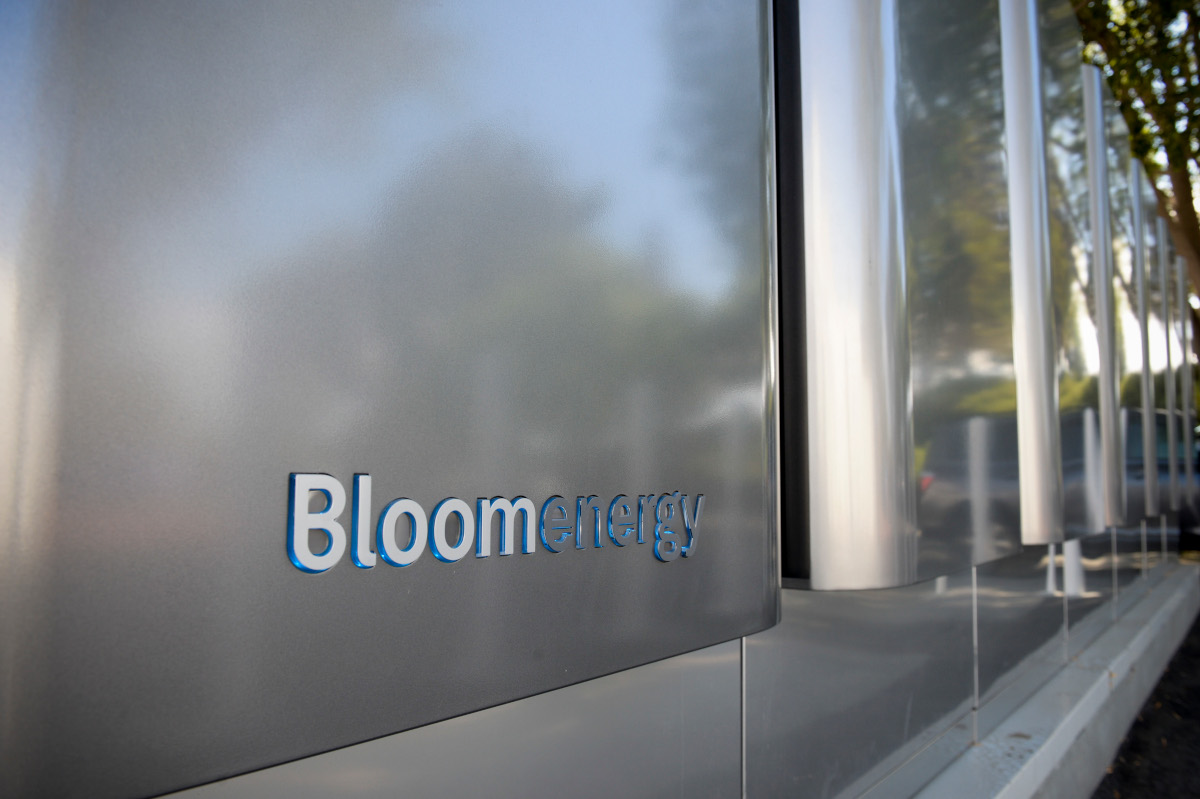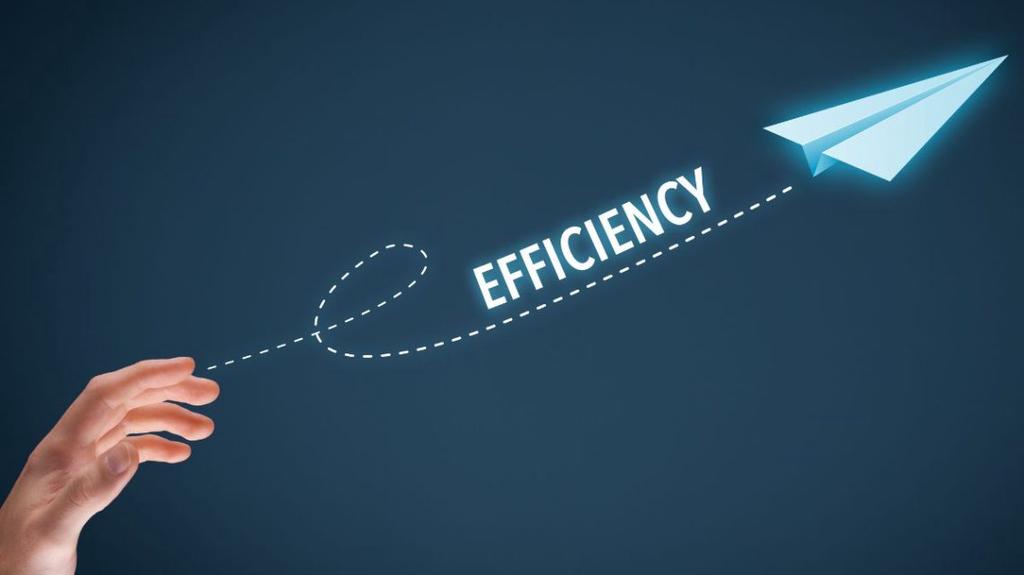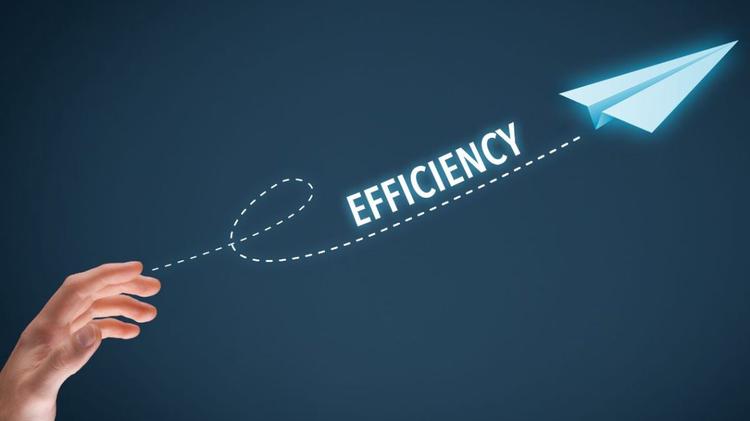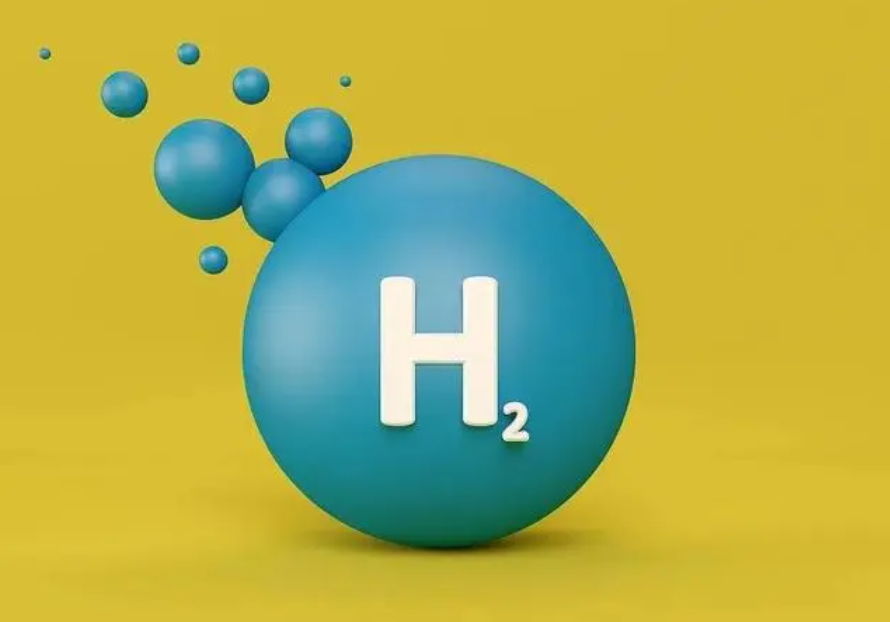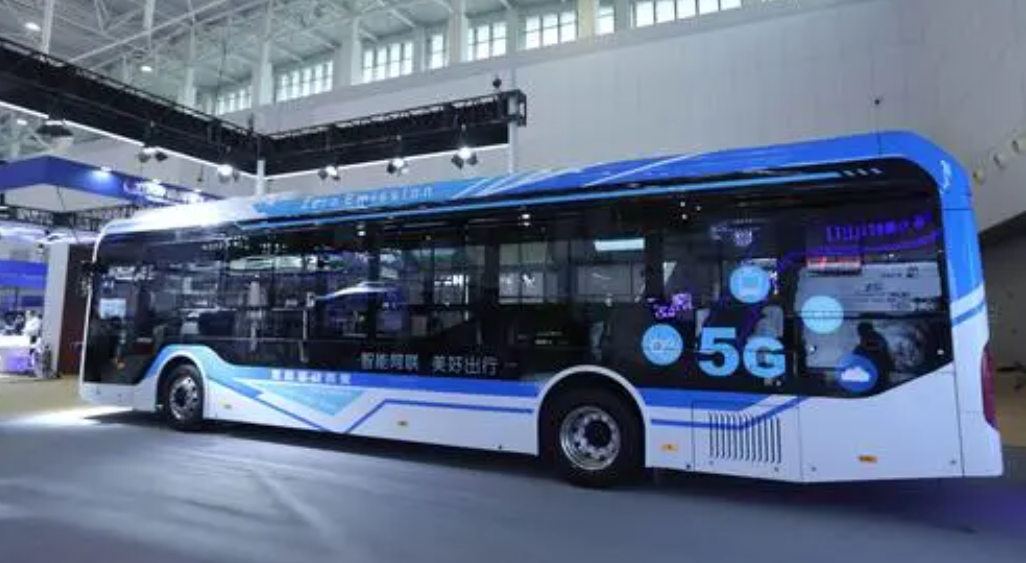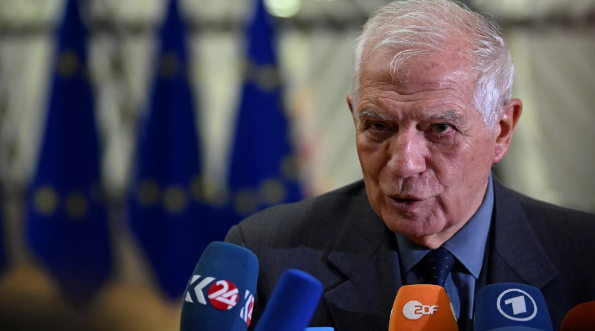
The EU’s top diplomat arrived in the South African capital of Pretoria on Friday to take part in the 15th meeting of the EU-South Africa ministerial dialogue. His trip came a few days after Russian Foreign Minister Sergey Lavrov finished a visit to the African state during a six-day-long tour in Africa.
The European Union seeks to develop new relations with South Africa and other African countries, High Representative of the European Union for Foreign Affairs and Security Policy Josep Borrell alleged on Friday.
Of particular interest to Brussels are the reserves of rare natural resources necessary to promote the green agenda in Europe, he admitted from Pretoria, South Africa.
“As strategic partners, there are areas where we work together and could do more together, where we could work in a more strategic way – at multilateral and continental levels. In some areas, there is a clear interest to move forward. For example, the partnership on sustainable raw materials value chains and cooperation on renewable hydrogen, which this Ministerial [meeting] should push forward,” Borrell said during an opening speech at the 15th South-Africa-European Union Ministerial Dialogue.
He also called on South Africa to join forces with the EU to protect the existing “international system.” According to him, the crisis in Ukraine should become “an awakening point” that will force all “like-minded countries” to overcome existing differences.
Borrell paid special attention to the confrontation between the West and Russia during his arrival.
“The world has changed quite dramatically. We are facing an unprecedented level of global instability with old challenges yet to be sufficiently addressed and [with] the new challenges creating more global and increasingly dangerous tensions that affect all of us,” he claimed.
He pointed out that the EU would create “new alliances” under these conditions, including with African countries. Borrell stressed the particular importance of developing a green agenda and expanding student exchanges to promote common values in EU-South Africa relations.
Borrell's visit comes amid recent criticism of US and European "colonial" mentality to Africa, and criticisms of largely-unsuccessful western attempts to "pressure" African governments into backing their position on Ukraine.
The statement of the head of the EU foreign policy likewise comes shortly after the end of the African tour of Russian Foreign Minister Sergey Lavrov to South Africa, Eswatini, Angola and Eritrea.
While in Africa, the Russian official said that western media has been distorting facts while covering his tour across Sub-Saharan Africa.
“There have been attempts to cover our visits in a twisted, distorted way, rendering the image that the American and European media are trying to show,” Lavrov said.
Among other things being discussed during the trip were a complex of Russia-Africa bilateral relations, defense cooperation, the upcoming Russia-Africa summit in Saint Petersburg, prospects of the BRICS organization and the western attempts to influence Russia-Africa relations amid Moscow's special military operation in Ukraine.
Borrell was not the only western official to visit Africa against the backdrop of the Russian top diplomat's tour. Two US high-profile officials have kicked off their journey to Africa over the past days, including US Ambassador to the United Nations Linda Thomas-Greenfield and US Treasury Secretary Janet Yellen.

